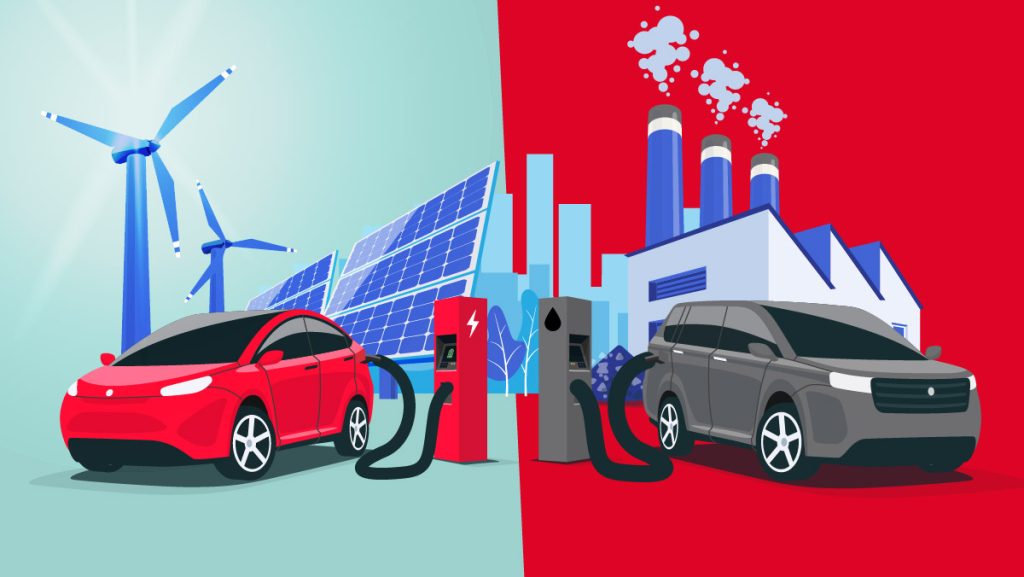Electric vehicles (EVs) are often hailed as the solution to reducing our dependence on fossil fuels. While they produce zero tailpipe emissions, their production process tells a different story—one that reveals an intricate connection to oil and gas consumption.
Manufacturing an EV, particularly its battery, is an energy-intensive process. Extracting and refining key materials like lithium, cobalt, and nickel requires massive amounts of energy, much of which comes from fossil fuels. Diesel-powered heavy machinery and energy-intensive smelting processes contribute significantly to the carbon footprint before an EV even hits the road.
Beyond energy consumption, oil and gas products are directly used in EV production. Plastics, synthetic rubber, and other petrochemical-based materials are essential for vehicle construction. The lightweight materials that improve an EV’s efficiency often rely on petroleum-based composites, making fossil fuels an unavoidable part of the equation.
Additionally, EV production is a global operation. Raw materials are mined in one country, refined in another, and assembled elsewhere. Transporting these materials and components relies on cargo ships, freight trains, and trucking fleets— all of which are powered primarily by diesel fuel. This complex supply chain adds to the industry's hidden reliance on oil and gas.
While EVs reduce emissions during their operational life, their production process remains deeply tied to fossil fuels. Addressing this paradox requires cleaner mining practices, advances in battery recycling, and a transition to renewable energy in manufacturing. Until then, the idea that EVs are entirely “green” ignores the hidden oil and gas consumption. Though electric vehicles are a crucial step toward a lower-emission future, their production still leans heavily on fossil fuels. A truly sustainable transition requires a holistic approach—one that reduces reliance on oil and gas throughout the entire supply chain. Recognizing these complexities is essential in understanding the sustainability of the oil and gas industry.





0 comments